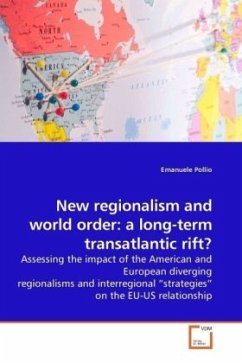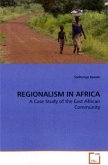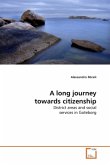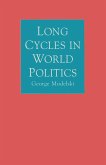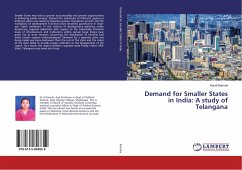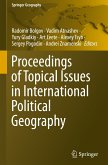This study aims at highlighting the characteristics of the diverging EU-US "new-regional" and "interregional" policies, as well as their implications on the transatlantic relationship. The book focuses on the political and economical factors that might account for the EU/NAFTA institutionalisation gap and on the alternative world order models behind the EU and the US interregional strategies ("Pax Europaea" vs. "Pax Americana"). The problems overshadowing the transatlantic link in the post-Cold War international system are addressed through a specific question: will the spreading of the new regionalism favor or affect the building of a re-defined and balanced transatlantic partnership? The proposed answer implies that the EU and US respective regional and interregional policies are shaping a competitive transatlantic dynamics, which the EU can only face by increasing the coherence of its internal system of governance.
Bitte wählen Sie Ihr Anliegen aus.
Rechnungen
Retourenschein anfordern
Bestellstatus
Storno

